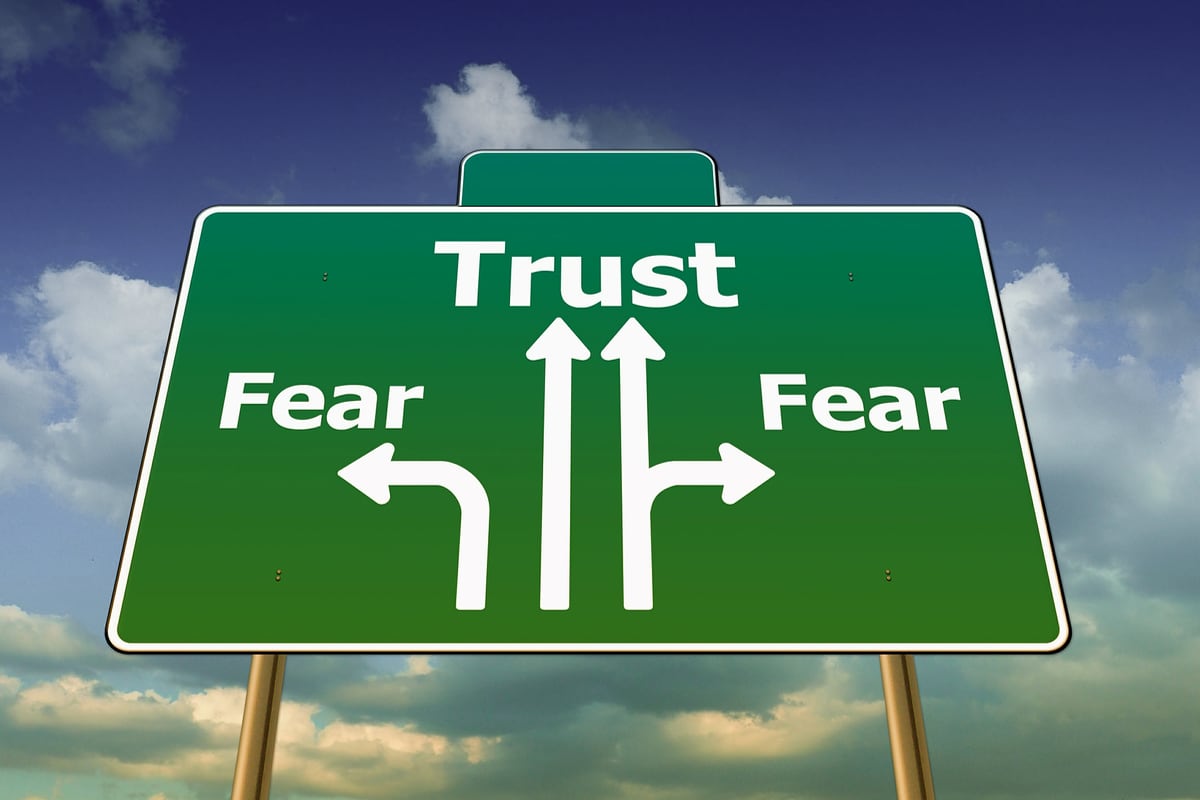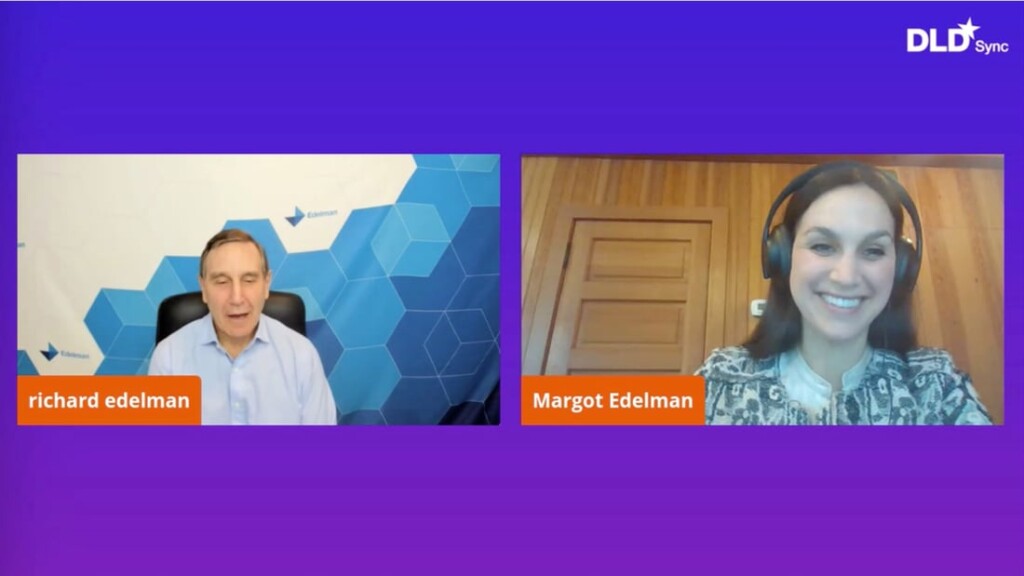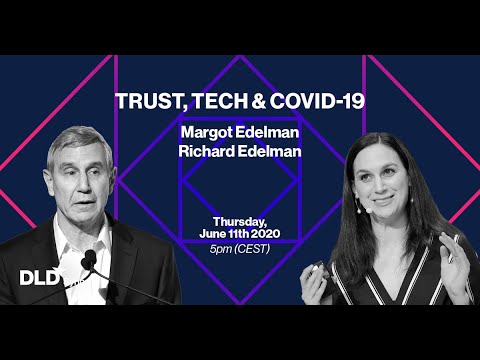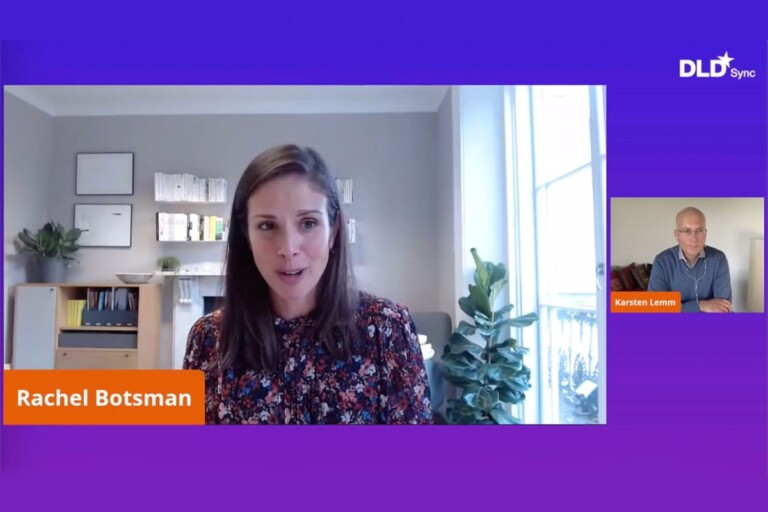
Trust and the Pandemic
Public confidence in companies has fallen in the coronavirus crisis, survey data shows. Communications experts Margot and Richard Edelman explain what business leaders can do to win back trust.
In the spring of 2020, as the world plunged into into its greatest crisis in decades, market researchers at the communications giant Edelman made a surprising discovery: Their newest survey showed that government had quickly become the most trusted institution in the world – far ahead of the business sector, which had conquered the top spot in the company’s annual Trust Barometer only months before.
The coronavirus pandemic had brought “a shocking revival for government”, CEO Richard Edelman explained in a DLD Sync webinar on June 9, where he presented preliminary results from the new survey. Across eleven countries, almost two thirds of respondents said they trusted their governments to do what is right. The bump since January, from 54 to 65 percent, “is the biggest rise we’ve ever seen” in 20 years of doing this kind of survey, Edelman said. “It’s the first time government has been most trusted. We believe this is because this is the biggest crisis since World War II.”
Business leaders, meanwhile, were widely perceived to be lagging behind, Margot Edelman, who joined her father in the Sync session, explained. “We really see from the data: This is going to be a moment of reckoning for the business community”, she said. “CEOs are failing to demonstrate the leadership that the public has expected of them during the pandemic.”
Richard Edelman is the president and CEO of Edelman, a global communications firm with 66 offices and more than 6,000 employees worldwide. As the creator of the annual Edelman Trust Barometer, Richard Edelman has become one of the foremost authorities on trust in business, government, media and NGOs.
Margot Edelman is the Deputy General Manager of Edelman‘s New York Office, the largest in the media agency’s global network. Passionate about all things tech, she brings a wealth of experience in brand building, corporate reputation and executive visibility to her clients, which include technology companies and venture capital funds
Brand Message: Take a Stand!
Growing social unrest – in the U.S. and abroad – has become an additional challenge for corporate leaders. While many have historically shied away from getting involved in political discussions, the “Black Lives Matter” movement forces brands to act, Richard Edelman noted. “Brands that take a stand on racial inequality will benefit substantially”, he argued. “If you don’t you will be punished by people who assume you endorse the status quo. You have no choice today but to act.”
His company’s data indicated that “more than a third of people have already switched brands and convinced others to stop using brands based on taking a stand”, Edelman said. “That’s a big number!”
In fact, it got even bigger. In a survey published in late June, after the DLD Sync session, 40 percent of respondents said they had convinced other people to stop using a brand due to a brand’s response to the pandemic (6 percent more than in April). And 44 percent told the market researchers that they had recently started using a new brand because they liked the brand’s response to the pandemic. In all, trust in a brand has become the second most important purchasing factor after price, the survey revealed.



